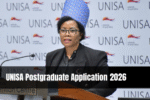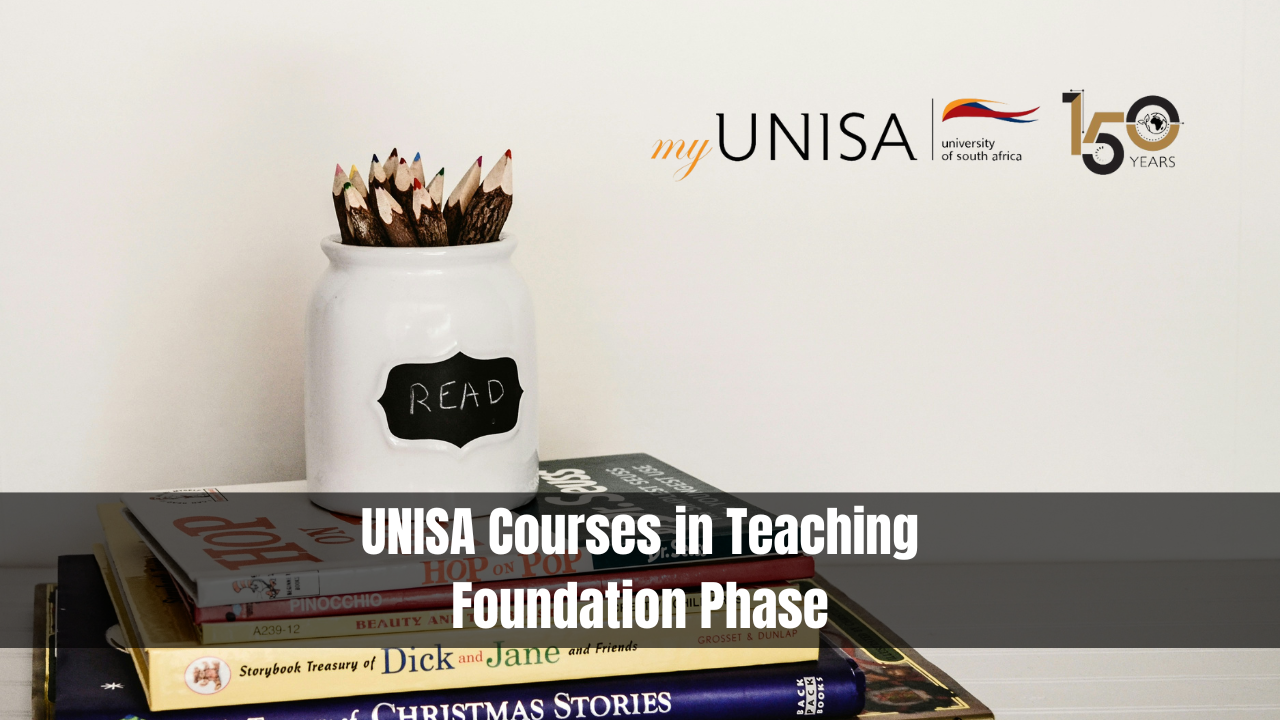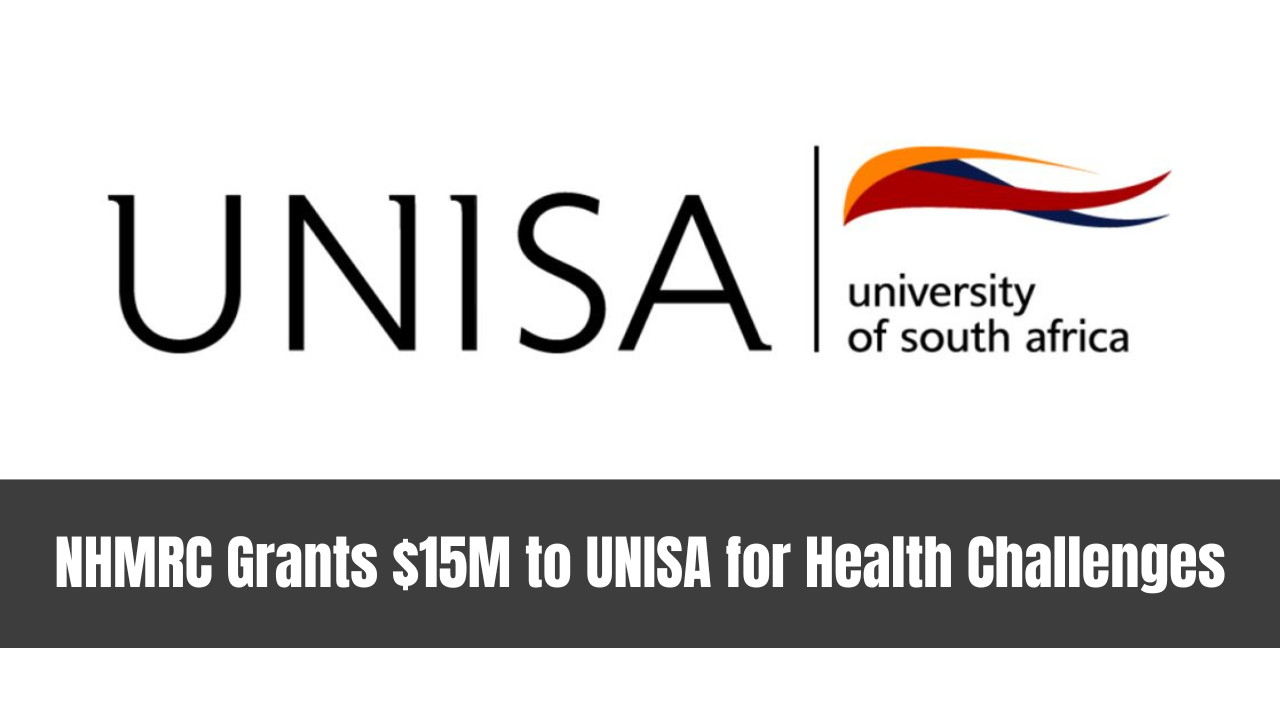UNISA Playing Its Part in Ensuring the Availability of Quality Water. Water is not just a fundamental human need; it is the lifeline of our environment, economy, and society. In South Africa, however, the availability of quality water is under severe threat.
Challenges such as water scarcity, deteriorating water quality, aging infrastructure, climate change, and rapid urbanization are all pressing issues. To address these, the University of South Africa (Unisa) has taken a leadership role in finding sustainable solutions through research, innovation, and collaboration.
In partnership with the Water Institute of Southern Africa, the Department of Science and Innovation, and the Technology Innovation Agency, Unisa will host a seminar on November 28 and 29 in Johannesburg. This event will highlight the latest advancements in wastewater research, emphasizing the critical need for multi-sector partnerships in securing a sustainable water future for South Africa.
Water Challenges Facing South Africa
South Africa is a water-scarce country, with limited freshwater resources to meet the growing demand of its population and industries. According to recent studies:
| Challenge | Description |
|---|---|
| Water Scarcity | The country receives less than the global average rainfall, leading to limited water availability. |
| Aging Infrastructure | Existing water systems are deteriorating, resulting in leaks, inefficiencies, and poor service. |
| Urbanization | Rapid growth in urban areas increases water demand and puts additional pressure on supply systems. |
| Climate Change | Erratic weather patterns, droughts, and floods exacerbate water scarcity. |
| Water Pollution | Industrial waste, agriculture runoff, and inadequate wastewater treatment degrade water quality. |
These issues make it imperative to explore innovative solutions for water management, conservation, and infrastructure improvement.
Unisa’s Commitment to Water Sustainability
Unisa’s commitment to addressing water challenges is deeply ingrained in its academic vision. Through its Institute for Nanotechnology and Water Sustainability (iNanoWS) and various collaborative projects, Unisa is driving advancements in water and wastewater treatment. The university’s researchers are at the forefront of:
- Developing advanced water treatment technologies.
- Enhancing understanding of water quality and its impact.
- Designing sustainable water reuse strategies.
Unisa’s research aligns with the National Water and Sanitation Master Plan, which emphasizes innovation and collaboration to secure water for future generations.
Seminar Highlights
The upcoming seminar is a pivotal moment in Unisa’s journey toward achieving water resilience. It will bring together stakeholders from academia, industry, and government to discuss breakthroughs in water research and innovative methodologies.
- Innovative Water Treatment Technologies: Advanced methods for treating and purifying water will be explored, focusing on cost-effective and efficient solutions.
- Sustainable Water Reuse Practices: Strategies for recycling wastewater and repurposing it for industrial and agricultural use will be discussed.
- Strengthening Water Infrastructure: Innovative approaches to upgrade and maintain South Africa’s water infrastructure will take center stage.
- Policy and Regulation: How research can shape policies to improve water governance and management.
The seminar underscores the importance of multi-sector collaboration, as solving water challenges requires collective action from all sectors of society.
Unisa’s Role Beyond Education
Unisa’s impact goes beyond educating students—it extends to providing practical solutions to societal challenges. By leveraging its research capabilities and partnerships, Unisa is actively contributing to the sustainability and resilience of South Africa’s water resources.
One of the seminar’s key objectives is to foster collaboration between early-career professionals and experienced researchers. This will create opportunities for young scientists and postgraduate students to engage with industry leaders, enabling them to become future innovators in water sustainability.
Support for Early-Career Professionals
Unisa is committed to nurturing the next generation of water researchers and innovators. The seminar will provide:
- Networking Opportunities: Connecting young scientists with established leaders in water research and policy.
- Knowledge Sharing: Exposure to the latest trends, technologies, and research findings.
- Mentorship: Guidance from experienced professionals in tackling real-world water challenges.
This focus ensures that South Africa will have a strong pipeline of skilled individuals ready to address the country’s future water needs.
Alignment with the National Water and Sanitation Master Plan
The National Water and Sanitation Master Plan outlines a clear roadmap for conserving and managing South Africa’s water resources. Unisa’s efforts are in perfect alignment with this plan, as the university focuses on:
- Innovation: Driving research in nanotechnology and advanced water treatment methods.
- Collaboration: Partnering with government and industry to implement practical solutions.
- Education: Empowering communities with knowledge about water conservation.
Way Forward
Unisa’s seminar on November 28 and 29 is not just an academic gathering—it is a call to action. The discussions and partnerships formed during this event will have far-reaching impacts on South Africa’s water future.
Steps to Ensure Sustainable Water Management:
| Action | Details |
|---|---|
| Invest in Research and Development | Allocate resources for exploring innovative water treatment and reuse technologies. |
| Strengthen Infrastructure | Upgrade existing systems to reduce leaks and improve efficiency. |
| Enhance Policy Frameworks | Develop regulations that promote sustainable water use and conservation. |
| Promote Public Awareness | Educate communities on the importance of saving water and preventing pollution. |
| Foster Collaboration | Encourage partnerships across academia, industry, and government to address water challenges. |
Conclusion
Water is a shared resource, and its sustainability is a shared responsibility. Through its research, partnerships, and commitment to education, Unisa is playing a pivotal role in ensuring a future where quality water is accessible to all South Africans.










